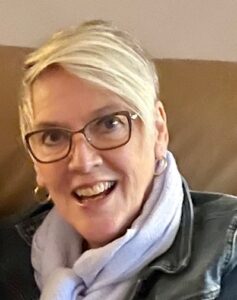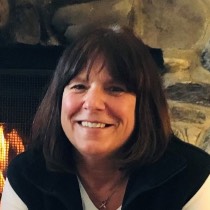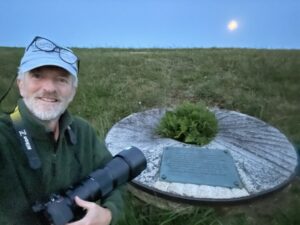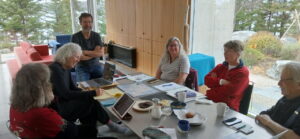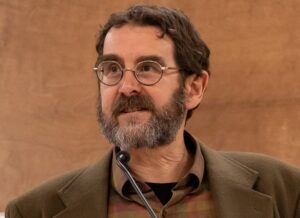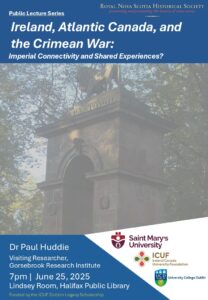Wednesday, March 18th, 2026, 7:00 pm (Atlantic), in-person at the Lindsay Children’s Room on the 2nd floor at the Halifax Central Library, 5440 Spring Garden Road, Halifax, Nova Scotia. Click here for the Zoom link.
Abstract:
Across eight tumultuous months in 1887, Halifax’s Victoria School of Art and Design (today’s NSCAD University) moved from idea to vision to the cusp of reality. Over the years, there have been various theories regarding Anna Leonowens’ involvement, some claiming the school was entirely her idea and others suspicious that in an age when women were supposedly seen but not much heard it was really the men who did it all. Based on primary sources and newspapers of the period, this presentation looks at the school’s founding, offering new details and fresh perspectives into ‘how things got done’ in Halifax 140 years ago.
Biography:
A graduate of Dalhousie University, Lois Yorke is the former Provincial Archivist and Director of the Nova Scotia Archives. She has spent over forty years as an archivist, editor, researcher and consultant in cultural heritage. Her long-standing involvement in women’s history has produced various articles on ‘interesting’ women from Nova Scotia’s past. These back-to-back lectures on the founding of Halifax’s Victoria School of Art and Design are drawn from a much larger project – the first biography to explore fully the life and times of Anna Harriette Leonowens, ‘The English Governess at the Siamese Court’ – possibly the most interesting woman of them all.




